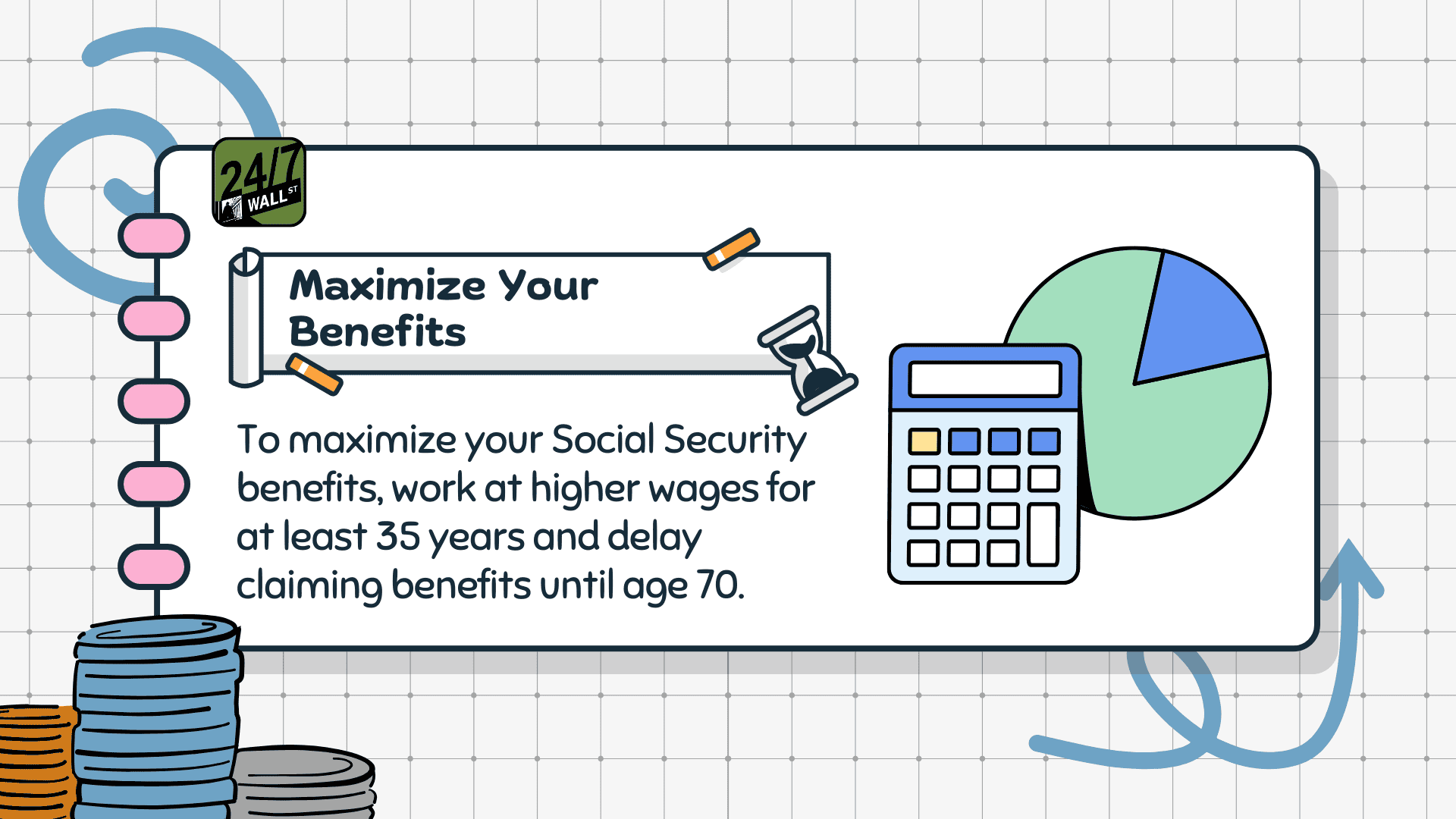Personal Finance
I'm 61 Years Old With $200,000 Saved for Retirement. What's My Game Plan?

Published:
Last Updated:

As of 2022, the median retirement savings balance among Americans aged 65 to 74 was $200,000, according to an analysis by the Federal Reserve. So if you’re 61 years old with a $200,000 IRA or 401(k), you’re not necessarily in worse shape than many of your peers.
But $200,000 in retirement savings isn’t exactly a large sum of money. And it may not provide as much annual income as you’d expect.
If you use the 4% rule, a $200,000 IRA or 401(k) gives you access to $8,000 a year in retirement income, not accounting for inflation-related adjustments to your base withdrawal rate. That’s just not a lot of money. So if $200,00 is all you’re looking at by age 61, consider these moves.
Feeling tired and burned out on the job? Unfortunately, a workforce exit may not be feasible if you only have $200,000 in savings at age 61. But that doesn’t mean you’re stuck in your current job.
It’s important to do what you can to stretch a $200,000 nest egg and, ideally, add to it. But you can do that at a job that isn’t as stressful, and that you enjoy doing to at least some degree. Don’t be afraid to pivot if it keeps you in the labor force a few more years.

If you’re 61 years old, you’re close to being able to collect Social Security. But you probably don’t want to file for benefits at 62 if you only have $200,000 in savings.
Claiming Social Security at 62 will reduce your monthly checks by about 30% compared to waiting until your full retirement age of 67. That’s a hit you can’t afford.
At the very least, aim to file for Social Security at 67. But if you can hold off beyond that point, even better. Your monthly checks get a permanent 8% boost for every year you delay claiming benefits past full retirement age, up until age 70.
Working as a retiree may be inevitable if you don’t get a chance to grow your savings beyond the $200,000 mark. But also recognize that that’s not such a bad thing. You might appreciate having a reason to get out of the house, and you might enjoy the social element of holding down a job.
You also don’t necessarily have to commit to a traditional job as a retiree. The gig economy is loaded with opportunities to earn money without having to sit at a desk or work a cash register.
You’re not doomed for retirement if you’re 61 with only $200,000 saved. But try to avoid tapping your nest egg for as long as possible, and try to get more money out of Social Security to compensate.
And also, make sure your nest egg itself continues to generate income. You’ll need to be careful with risk, but that doesn’t mean you can’t keep a portion of your savings invested in stocks with the remainder in safer assets like bonds, CDs, and money market funds. Talk to a financial advisor if you’re not sure how to manage your savings now that retirement is getting close.
Retirement planning doesn’t have to feel overwhelming. The key is finding expert guidance—and SmartAsset’s simple quiz makes it easier than ever for you to connect with a vetted financial advisor.
Here’s how it works:
Why wait? Start building the retirement you’ve always dreamed of. Click here to get started today!
Thank you for reading! Have some feedback for us?
Contact the 24/7 Wall St. editorial team.